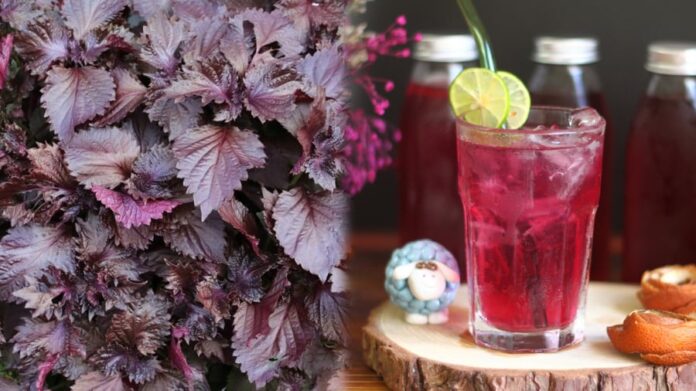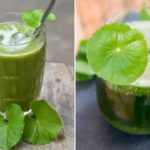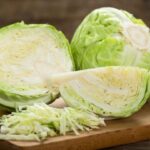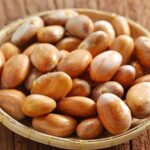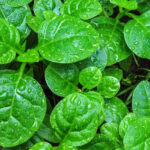Perilla leaves are commonly used as a culinary herb in various dishes. Additionally, many people also consume it as a herbal tea. Overall, perilla leaf tea offers numerous health benefits, but it may not be suitable for everyone.
Benefits of Perilla Leaf Tea for Human Health
- Skin Care
Perilla leaves contain the active compound priseril, which offers a range of health benefits. It aids in removing dead skin cells and improving skin pigmentation. Moreover, these leaves are rich in vitamin E, which helps combat signs of aging, enhancing skin moisture retention. Reasonable consumption of perilla leaves can lead to brighter, more even, and smoother skin.
Additionally, those who experience skin irritations such as hives may find relief by consuming perilla leaf tea.
- Cardiovascular and Neurological Support
Research indicates that extracts from perilla leaves possess anti-allergic properties. Furthermore, these leaves are a good source of omega-3 fatty acids, which exhibit anti-inflammatory and antioxidant properties. Omega-3 is also a vital source of energy for brain function, enhancing cognitive abilities and reducing the risk of age-related memory loss.
Omega-3 is equally important for cardiovascular health, as it helps maintain healthy cholesterol and blood pressure levels.
- Digestive Health
Perilla leaves can alleviate digestive discomfort. They are beneficial for those experiencing mild constipation and acid reflux.
- Gout Management
Studies have shown that perilla leaves contain four active compounds that can inhibit the enzyme xanthine oxidase. This is advantageous for individuals with gout, as xanthine oxidase plays a role in the formation of uric acid, which is a key contributor to gout.
- Relief from Cold and Flu
In traditional medicine, perilla leaves are valued for their warm and pungent properties. They help alleviate coughs, clear the lungs, and address symptoms associated with colds, flu, and loss of appetite. Additionally, perilla leaves are incorporated into digestive remedies to address issues such as vomiting, diarrhea, and abdominal pain.
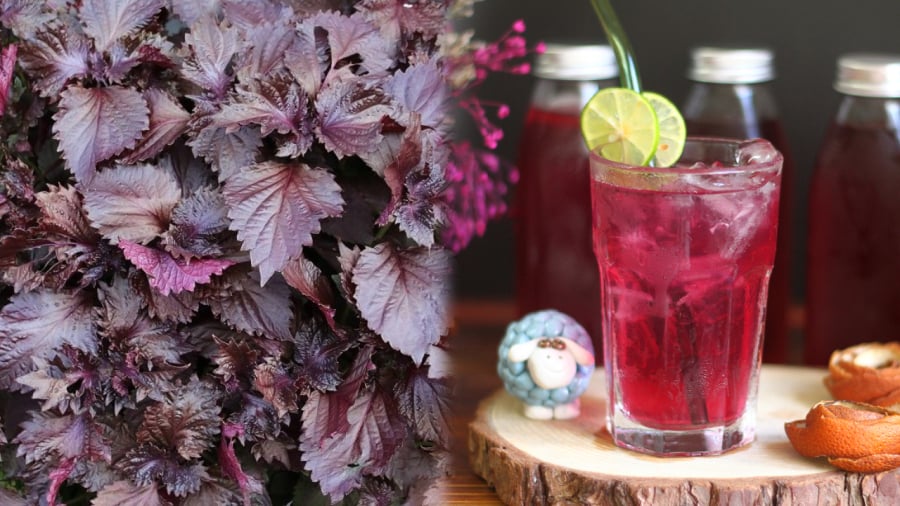
Who Should Avoid Drinking Perilla Leaf Tea
- Individuals with a Fever or Hot Constitution
According to the newspaper Sức khỏe và Đời sống, traditional medicine expert Trần Đăng Tài advises against consuming perilla leaves or tea if you are experiencing a fever or hot constitution. The warm and pungent nature of perilla leaves may aggravate these conditions, leading to increased discomfort and restlessness.
- Individuals with High Blood Pressure
People with hypertension should refrain from regularly consuming perilla leaf tea or eating excessive amounts of perilla leaves. Perilla leaves can elevate blood pressure and increase the risk of cardiovascular disease. Excessive consumption may lead to adverse health effects.
- Individuals with Digestive Disorders
Those experiencing digestive disturbances characterized by loose stools should exercise caution when consuming perilla leaves. The leaves’ ability to stimulate intestinal motility may exacerbate the condition. Prolonged diarrhea can disrupt the body’s electrolyte balance, and the use of perilla leaves in such cases may further complicate the situation.
Additionally, pregnant and lactating women are advised to refrain from excessive consumption of perilla leaves. While the leaves are known to alleviate nausea, improve digestion, and boost overall health, some studies suggest that the compounds in perilla leaves may disrupt hormone balance and even cause uterine contractions, leading to premature birth.
This information provides insights into who should refrain from drinking perilla leaf tea. If you fall into any of the mentioned categories, it is advisable to limit your consumption of perilla leaf tea and consult a healthcare professional for guidance on safely incorporating perilla leaves into your diet.


























